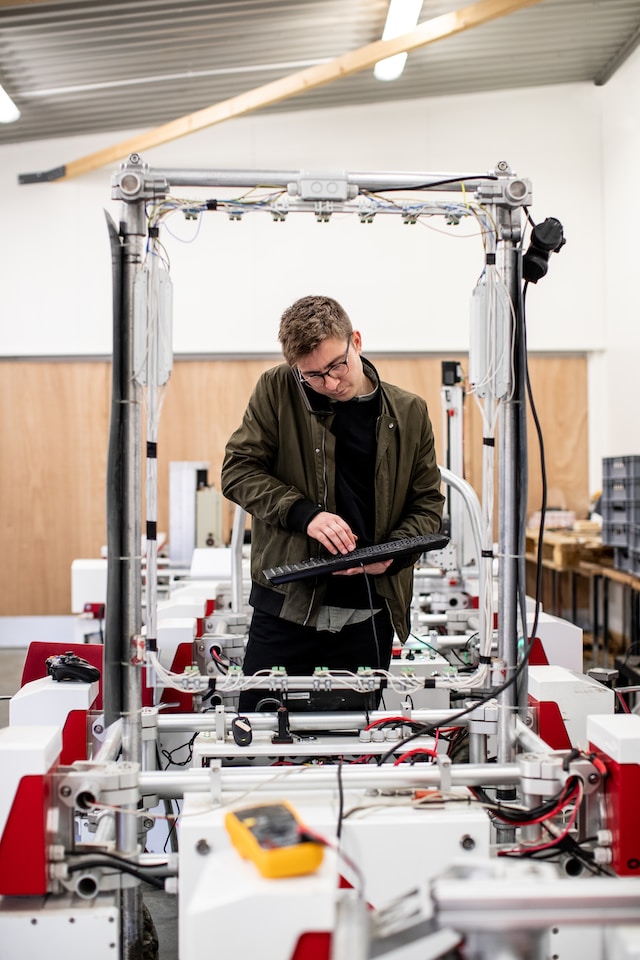Social innovation through youth participation involves empowering young people to actively contribute to the development of new ideas, solutions, and initiatives that address social challenges. Engaging youth in social innovation not only taps into their creativity and fresh perspectives but also fosters a sense of responsibility and ownership in building a better society. Here are several ways in which social innovation can be promoted through youth participation:
Education and Awareness:
Implement programs that educate young people about social issues, encouraging them to understand the root causes and potential solutions. Raise awareness about the concept of social innovation and its impact on community development.
Skill Development:
Provide training and skill development programs to equip youth with the necessary tools for problem-solving, critical thinking, and creative ideation. Focus on building skills related to technology, entrepreneurship, leadership, and collaboration.
Youth-led Initiatives:
Encourage and support the establishment of youth-led initiatives, projects, and organizations that address specific social challenges. Provide funding, mentorship, and resources to help young people turn their ideas into actionable projects.
Partnerships with Stakeholders:
Facilitate partnerships between youth-led organizations and various stakeholders, including government agencies, non-profits, businesses, and educational institutions. Collaboration can enhance the impact of youth-driven social innovation projects.

Inclusive Platforms:
Create inclusive platforms where youth from diverse backgrounds can share their experiences, ideas, and perspectives. Ensure that these platforms are accessible and welcoming to all, irrespective of gender, ethnicity, or socioeconomic status.
Technology and Digital Innovation:
Leverage technology to connect young innovators, providing them with tools for collaboration and knowledge-sharing. Encourage the development of digital solutions to address social issues, such as mobile apps, online platforms, or social media campaigns.
Policy Advocacy:
Empower youth to engage in policy discussions and advocacy efforts, ensuring that their voices are heard in decision-making processes. Provide opportunities for young people to participate in policy forums and contribute to the development of inclusive and effective policies.
Global Networking:
Facilitate international collaboration and networking among youth innovators to share best practices, learn from each other, and address global challenges collectively.
Recognition and Rewards:
Acknowledge and celebrate the achievements of youth-led social innovation projects through awards, recognition events, and media coverage. Recognition can inspire other young people to get involved and showcase their initiatives.
Education Reform:
Advocate for reforms in the education system to incorporate elements of social innovation, entrepreneurship, and critical thinking. Foster an environment that encourages experimentation, failure, and learning from experiences.
You can dig in more into this topic through the research on Youth-Led Innovation: Enhancing the Skills and Capacity of the Next Generation of Innovators, here.
Conclusion
By actively involving young people in social innovation, societies can harness their energy, creativity, and passion to drive positive change and address pressing social issues. This approach not only benefits communities but also empowers youth to become active, informed, and responsible global citizens.







Very nice article that talks about how young people can make a positive impact on society by coming up with new ideas to solve social problems, also says we should support young people who have their own projects and help them connect with others. It is a great point you have made. It mentions using technology to bring young innovators together and making sure everyone feels included. In the end, in fact by involving young people in this way, we can make our communities better and help them become responsible global citizens, Well said . Thank you
have noticed a significant number of people losing their jobs due to the COVID-19 pandemic and economic slowdown in some countries. Your article seems to be advocating for what the younger generation needs to achieve success in the future.
It encourages them to think critically and find solutions to their problems, rather than succumbing to circumstances and feeling helpless. This mindset will not only help them but also inspire their friends and family members. Thank you for your valuable contribution